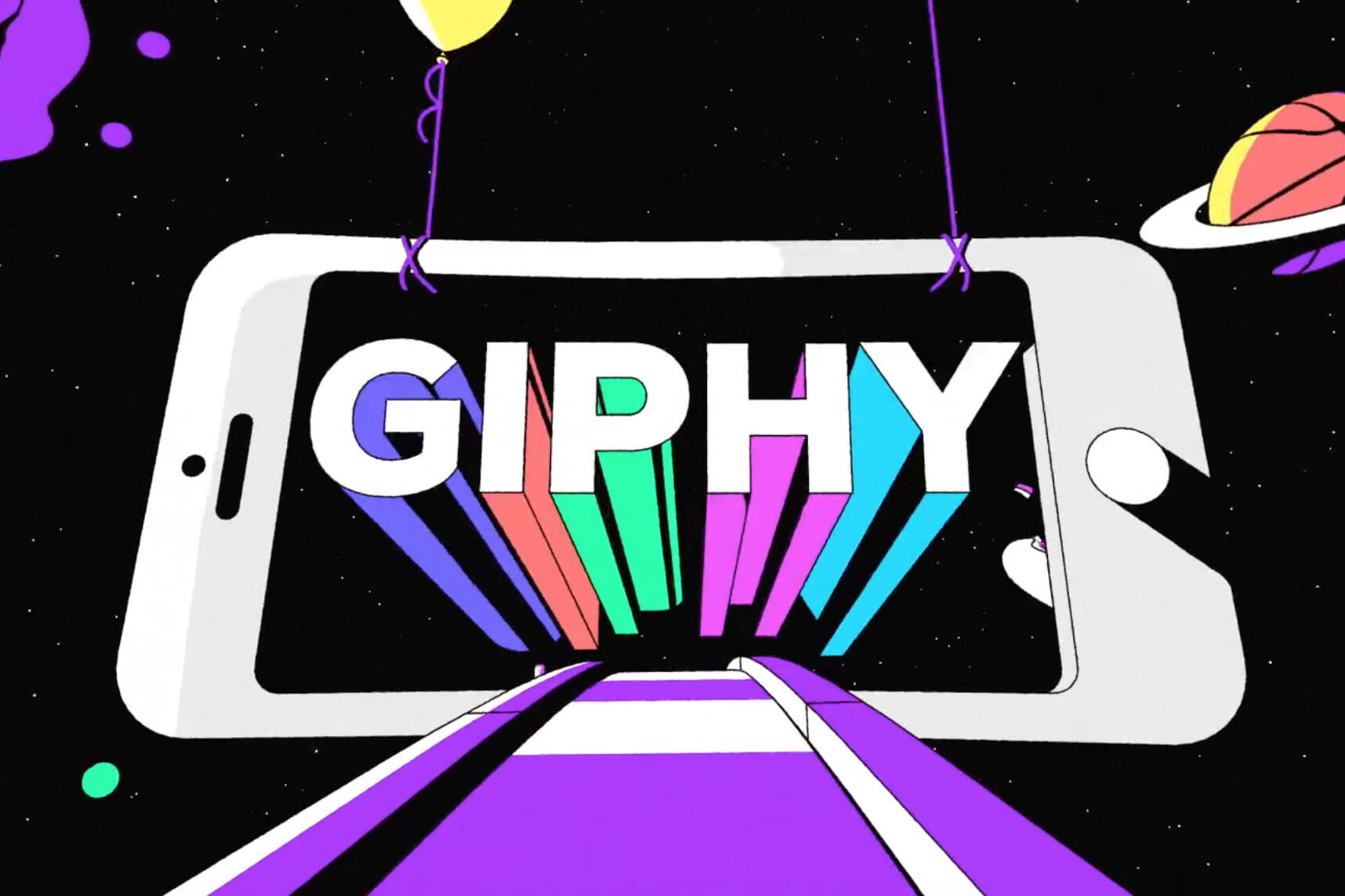Why it matters: After starting an investigation on Facebook's acquisition of the largest provider of animated GIFs last year, the United Kingdom's Competition and Markets Authority (CMA) announced this week they believe the merger will negatively impact social media competition. These findings are still provisional, but if confirmed, the CMA could block the deal.
About a year ago, we were reporting that Facebook was acquiring Giphy for an undisclosed sum, with intentions to integrate it into Instagram. Sources told Axios the deal was closed for $400 million. British authorities announced they were beginning their antitrust investigation a month later.
Whenever you click the "GIF" button to find and share a gif on platforms like Twitter or Facebook, Giphy is hosting that GIF. The service hosts over 10 billion GIFs globally every day.
The CMA's main fear is that if Facebook completes the deal, it could stop Giphy from providing GIFs to competing social media platforms, or may force them to give up more user information in exchange for access to Giphy GIFs. In that case those platforms would have little choice, as the only other significant alternative to Giphy is Tenor, which is owned by Google.
The CMA is also concerned because the deal blocked Giphy from expanding its advertising business, which could have competed with Facebook's.
"Giphy's takeover could see Facebook withdrawing GIFs from competing platforms or requiring more user data in order to access them. It also removes a potential challenger to Facebook in the £5.5 billion display advertising market. None of this would be good news for customers."
Giphy was started as a search engine for GIFs in 2013 by Alex Chung and Jace Cooke, but quickly gained popularity and expanded to hosting and sharing GIFs on social media. By 2017 it had gained hundreds of millions of users.
This year, the CMA also started an investigation into Amazon and Google for allegedly trading fake reviews, began investigating Apple App Store's terms of service over allegations that it's anticompetitive, and started probing Nvidia's $40 billion acquisition of Arm.
